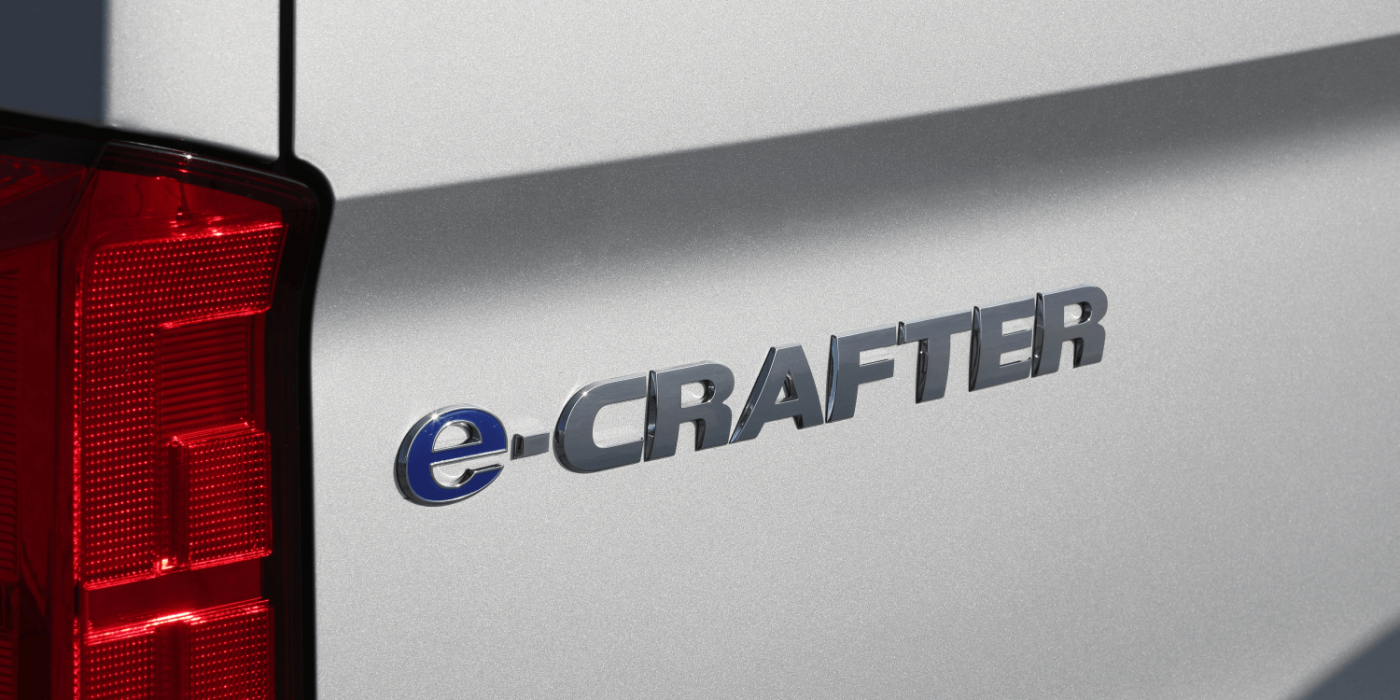VWN to build vans on its own electric platform from 2028
This was announced by VWN boss Carsten Intra to the German Press Agency dpa. After the Crafter, the other van models are to follow successively. Intra has not yet given any details about the platform itself. However, according to rumours from October, it will be an offshoot of the future Group architecture SSP.
Either way, a dedicated electric platform for vans is a first for VW Commercial Vehicles. “We have completely changed our strategy,” Intra commented. “From a lot of external production for other brands to our own products.” As a result, the company now holds all the strings in its own hands. “What we have now is actually a vision for the next 15 to 20 years.”
To put things in perspective: the ID. Buzz, which will be launched by VWN in 2022, is based on the Group’s MEB modular system, which is technically a passenger car architecture. The E-Crafter, which was available in small numbers until last year, was still a combustion engine offshoot.
Incidentally, the ‘Space’ project is the result of the Audi order for the Hanover plant that was cancelled in October. This has freed up capacity, as VWN was due to build a new top-of-the-range electric model for its Ingolstadt sister company from 2026. Instead, production of this vehicle is now to start at the factory in Neckarsulm.
The model was part of Audi’s earlier Artemis project; in 2021, the contract for production was awarded to Volkswagen Commercial Vehicles (VWN) in Hanover – specifically for three models, one each from Audi, Porsche and Bentley. The initially planned start of production was 2024, but could not be met and was postponed several times. Porsche had already withdrawn from the project at the end of 2021 and intends to build its flagship electric car itself in Leipzig. Bentley also only wanted to have the bodywork built in Hanover, with final assembly continuing to take place in Crewe, UK. There is currently no new information on the future of the Bentley model.
In October, the works council expressed its “disappointment” at the withdrawal of the prestigious Audi project but was also confident in view of the announced production of the “Space” series. “This decision strengthens our independence within the Group, secures the locations and gives us as a brand room for manoeuvre to develop our business into the future,” said VWN Works Council Chairman Stavros Christidis in a report in the works council newspaper “Mitbestimmen” at the time.
Incidentally, there is another reason why the SSP and the ‘Space’ platform could be related: the time of market maturity. This is because the SSP is also targeted for 2028 (the original plan was 2026, but this will be delayed due to problems with software development). The first passenger car representatives at the SSP will be the second generation of the Skoda Enyaq and the next-generation VW Golf in 2028 or 2029.





1 Comment